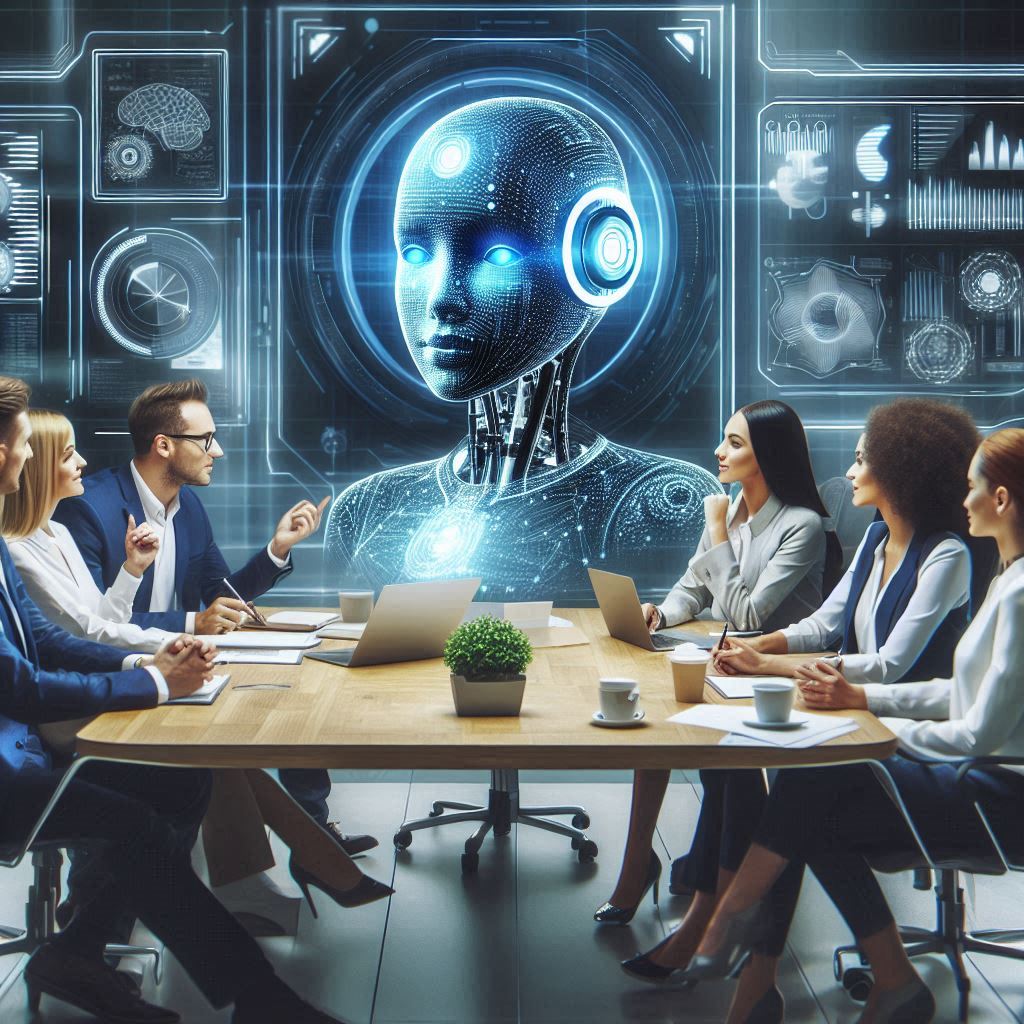Imagine a world where your marketing campaigns are not only efficient but also highly personalized and data-driven. This is the reality that AI brings to the table. In today’s fast-paced digital landscape, leveraging AI in marketing campaigns is no longer a luxury but a necessity. Let’s dive into the myriad benefits of integrating AI into your marketing strategies.
Key Takeaways
- Enhanced personalization and customer experience
- Improved data analysis and insights
- Increased efficiency and automation
- Better targeting and segmentation
- Cost savings and higher ROI
Enhanced Personalization and Customer Experience
One of the most significant benefits of using AI in marketing campaigns is the ability to offer enhanced personalization. AI algorithms can analyze vast amounts of data to understand customer preferences, behaviors, and needs. This allows marketers to create highly personalized content and offers that resonate with individual customers.
For instance, Netflix uses AI-driven machine learning technology to provide personalized content recommendations based on a user’s preferences and past viewing history. This not only enhances the user experience but also keeps customers engaged and loyal to the platform. Similarly, Coca Cola’s AI-powered creative platform allows consumers to create their own AI-generated artwork, making the brand experience more interactive and personal.
Improved Data Analysis and Insights
AI excels at processing and analyzing large datasets quickly and accurately. This capability is invaluable for marketers who need to make data-driven decisions. AI tools can identify patterns and trends that might be missed by human analysts, providing deeper insights into customer behavior and market dynamics.
For example, The Economist leveraged AI-driven programmatic advertising to analyze consumer data and identify new audience segments. This approach helped the publication boost its readership and achieve a 10:1 return on investment. By using AI to analyze web and app usage, The Economist was able to tailor its marketing strategies more effectively.
Increased Efficiency and Automation
AI can automate repetitive and time-consuming tasks, freeing up marketers to focus on more strategic activities. From automating email campaigns to managing social media interactions, AI can handle a wide range of marketing tasks with minimal human intervention.
HubSpot, for instance, uses AI to accelerate its content marketing process. By leveraging AI technology, the company can quickly generate content ideas, create article outlines, and even produce meta descriptions and email summaries. This not only speeds up the content creation process but also ensures that the content is relevant and engaging.
Better Targeting and Segmentation
AI enables more precise targeting and segmentation of marketing campaigns. By analyzing customer data, AI can identify specific segments within your audience and tailor marketing messages to each group. This ensures that your marketing efforts are more relevant and effective.
Nestle, for example, uses natural language processing (NLP) technology to produce targeted content for various audience segments. This approach allows the company to deliver personalized communications that resonate with different customer groups, resulting in higher engagement and conversion rates.
Cost Savings and Higher ROI
Implementing AI in marketing campaigns can lead to significant cost savings and higher returns on investment. By automating tasks and improving targeting, AI helps reduce marketing costs while increasing the effectiveness of campaigns.
For instance, Ada’s AI-powered customer support platform has helped brands like Air Asia and Zoom reduce their customer query backlog by 90%. This not only improves customer satisfaction but also reduces the need for extensive customer support teams, leading to cost savings.
Conclusion
In summary, the benefits of using AI in marketing campaigns are manifold. From enhanced personalization and improved data analysis to increased efficiency and better targeting, AI offers a powerful toolkit for modern marketers. By leveraging AI, you can not only optimize your marketing efforts but also achieve higher ROI and cost savings.
Ready to take your marketing campaigns to the next level? Explore our Interactive Digital Marketing Workshops and Advanced Webinars for Tech Marketing to learn more about maximizing AI potential in your marketing strategies.
FAQ Section
How does AI improve customer segmentation?
AI improves customer segmentation by analyzing large datasets to identify specific audience segments based on behavior, preferences, and demographics. This allows for more targeted and effective marketing campaigns.
Can small businesses benefit from AI in marketing?
Absolutely! AI tools are becoming more accessible and affordable, making it possible for small businesses to leverage AI for personalized marketing, data analysis, and automation, leading to improved efficiency and ROI.
What are some common AI tools used in marketing?
Common AI tools used in marketing include chatbots, predictive analytics, content generation tools, and programmatic advertising platforms. These tools help automate tasks, analyze data, and create personalized content. At We Know Things Marketing we work with AI innovators and AI creators like Inovient or WP SEO AI
How can AI help in content creation?
AI can assist in content creation by generating ideas, creating outlines, and even writing articles or social media posts. Tools like ChatGPT can help marketers produce content quickly and efficiently. But if you want high quality content and a complete workflow, you should take a look at SEOAI
What are the ethical considerations of using AI in marketing?
Ethical considerations include data privacy, transparency, and avoiding biases in AI algorithms. It’s essential to use AI responsibly and ensure that customer data is protected and used ethically.



